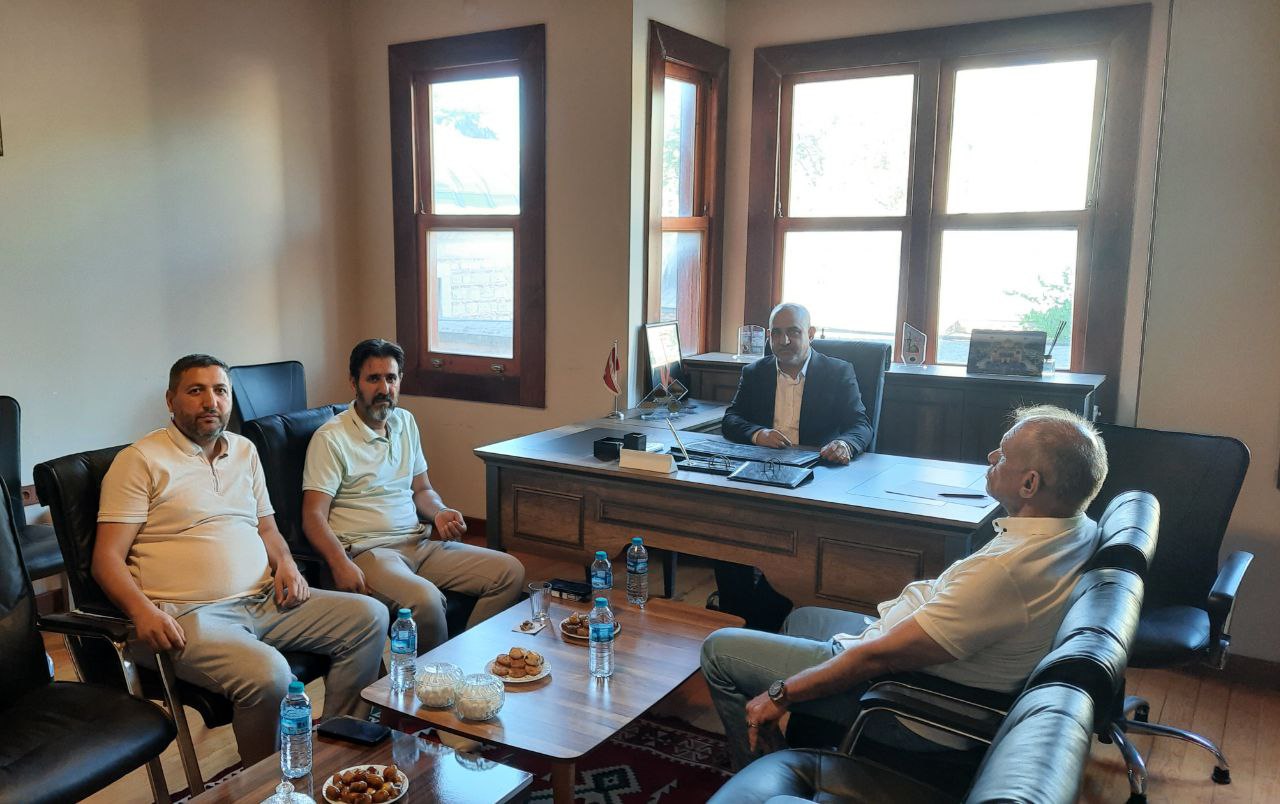Montenegro Embraces Islam
Montenegro, a republic within the former Yugoslav Federation, has been known by this name since 1435, though it was previously called Duklja and Zeta. It declared independence on June 3, 2009, with Nicholas I as its first king. The kingdom expanded during the Balkan Wars against the Ottoman Empire but was later occupied by the Austrian Empire after joining World War I on the Allies' side. Following the war, Montenegro became part of the Kingdom of Yugoslavia and later the "Kingdom of Serbs, Croats, and Slovenes."
Montenegro covers 13,812 km² and has a population of about 650,000, with Podgorica as its capital.
Introduction of Islam
Islam arrived in Montenegro during the 14th century, with some sources suggesting it began as early as 212 AH (1353 AD) or the 15th century. Over time, Islam grew, with Muslims now comprising over 15% of the population. To serve the growing Muslim community, 76 mosques have been established, primarily in Podgorica, Bar, and Kotor. Additionally, Islamic culture flourished, with three Islamic museums, schools for Islamic arts, and 19 educational institutions for Islamic studies and Arabic language. One notable institution in Podgorica teaches girls Islamic studies and Arabic calligraphy.
Islam's Role in Society
Islam is officially recognized as one of Montenegro’s main religions. This was formalized in an agreement between Islamic institutions and the government, marking a significant step toward religious freedom. The head of the Islamic community, Rifat Vejzic, emphasized the importance of this development.
Islamic Heritage
The Škanjevica Mosque in Bar, built in the 17th century, is a key Islamic heritage site. It has undergone several renovations, including the addition of a minaret in 1819. After damage during the communist era, a local Muslim, Zaki Šapović, funded its restoration. The mosque is now an important archaeological site.
The Role of Muslims in Independence
Muslims played a crucial role in Montenegro’s 2006 independence referendum, supporting independence and tipping the balance in favor of pro-independence forces. Despite media opposition, Muslims saw independence as a chance to secure religious and personal freedoms, which they largely achieved in the new state.




